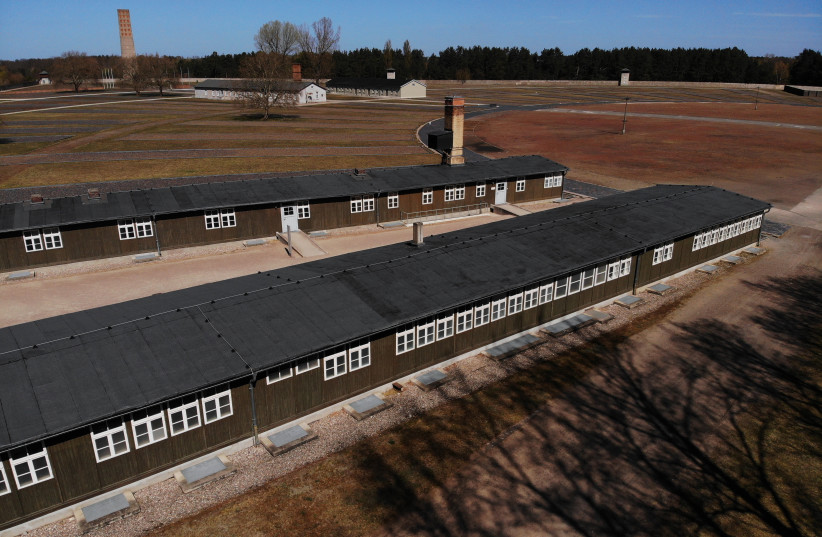Betrayed, a movie by Eirik Svensson, currently in US theaters and a number of streaming platforms (including iTunes, Amazon and Google Play), tells a graceful and affecting fact-based story of a Jewish family during the Holocaust, but what is different here is that it is set in Norway.
Norway had a small Jewish population before World War II and hundreds of Jews were deported in a single day in 1942, the vast majority of whom were slaughtered at Auschwitz. These Norwegian Jews and their fate have rarely been referenced on screen, while the stories of Danish Jewry are much better documented in cinema.
The Braude family left Lithuania for Oslo years earlier, seeking freedom from persecution. Benzel (Michalis Koutsogiannakis), the patriarch of the family, makes a living as a butcher, and his wife, Sara (Pia Halvorsen), is a seamstress. They run a traditional Jewish home, observing the Sabbath, and expect their four grown children, three boys and a girl, to do likewise.
Their son Charles (Jakob Oftebro) is the focus of much of the story. He is a celebrated boxer who defeats the Swedish champion and seems to have a promising future as a competitor. Following a victory, he proposes to his Christian fiancée. Sara is not pleased that he has chosen to marry a gentile woman, but she comes to accept her daughter-in-law. Their lives seem settled and happy.
But it is 1939, and when the Nazis conquer Norway and begin mass arrests of Jews about two years later, their dreams are shattered.

In a detailed, low-key way, the movie shows exactly how Norwegian officials, mainly one commander, Knut Rod (Anders Danielsen Lie, an appealing actor who stars in Joachim Trier’s enjoyable new film, The Worst Person in the World, which is one of the top contenders for the Best International Feature Oscar) carry out the logistics of the roundup. At the same time, it portrays the Braude family’s gradual understanding of the peril they are facing.
As always, it seems to show that anyone who does not do the absolute right thing at the right time – when there is no real way to know what that right thing is – is simply doomed. And while a couple of Norwegians help the Jews and make the arrests more difficult to carry out, in the end the goodwill of a few can do little against the Nazi death machine, which the Norwegian police and officials join, often with great enthusiasm.
The men of the family are sent to a brutal work camp where one of the guards tries to goad Charles into a boxing match, while Sara is left alone with her daughter-in-law as all Jews’ dwellings are systematically looted.
What makes the movie work is the actors’ strong performances, which make vivid the sense of family and how it sustained the characters through the bleakest moments. At one point, they are even able to joke about the unappetizing soup served in the camp and how it is similar to a soup their mother once made that didn’t come out too well.
Halvorsen and Oftebro, who has distractingly stunning leading-man looks, are the standouts in a good ensemble cast.
The fact that the story takes place in Norway highlights both the similarities and differences between the Holocaust there, but the emotions evoked by the drama are universal.
In the end, we are told, hundreds of Jews were shipped to Auschwitz via the German cargo ship SS Donau on that day in late 1942 and others followed. Of those Norwegian Jews who were deported, only a handful survived. Betrayed makes accompanying them on their brutal journey worthwhile for the audience.
